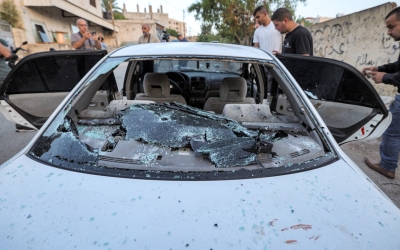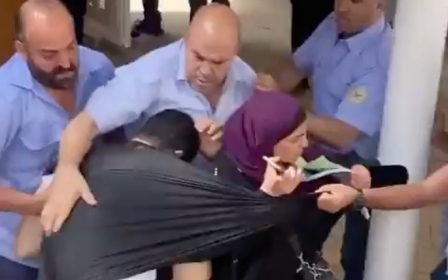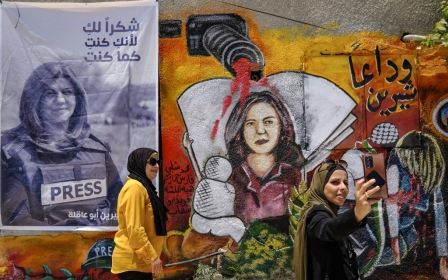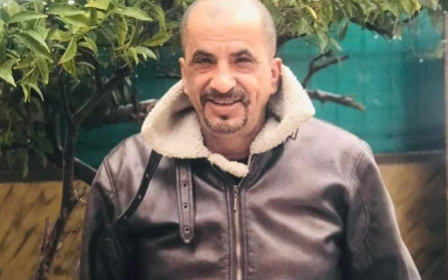Palestinian killed after being stabbed in heart by Israeli settler
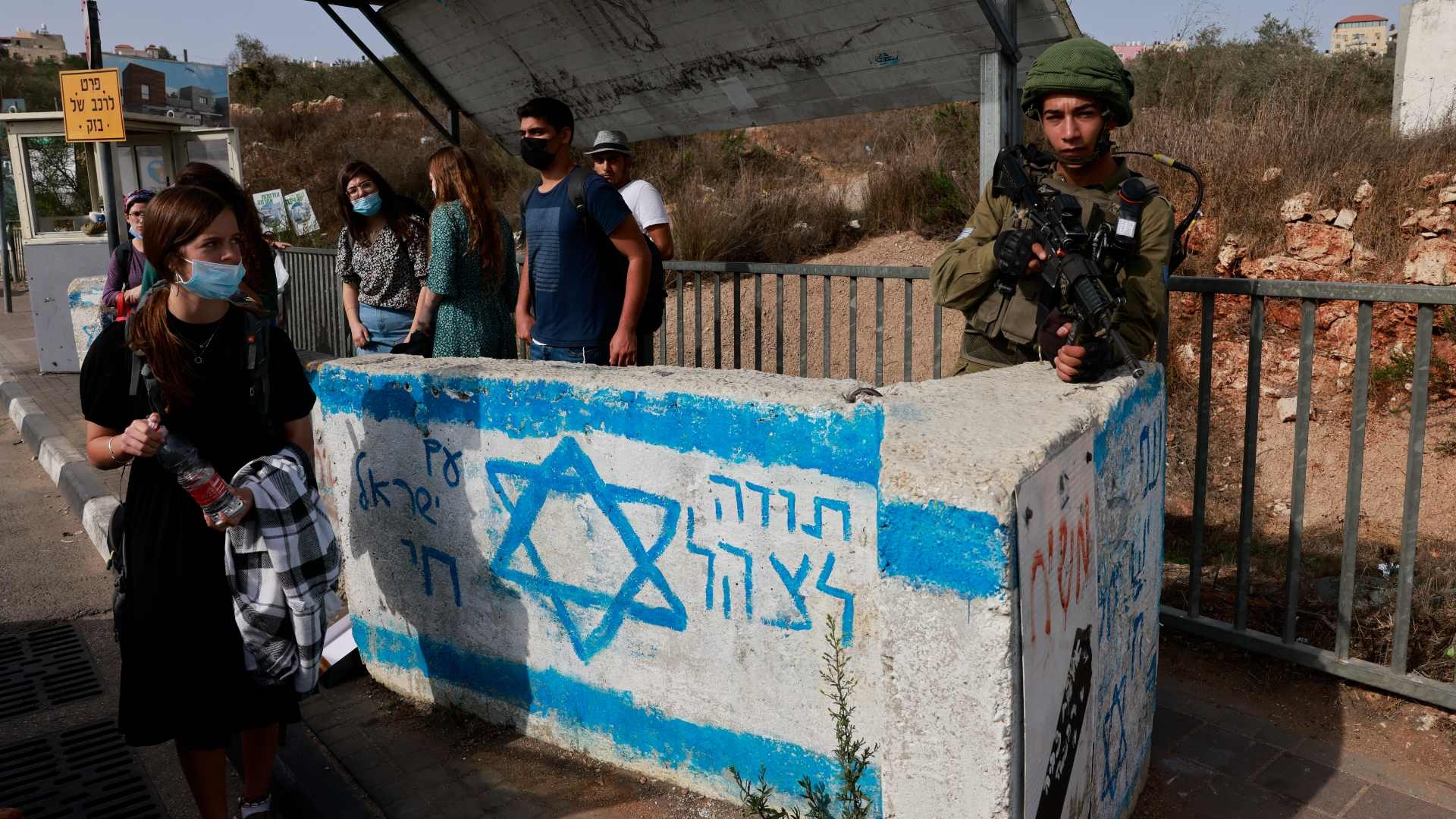
A Palestinian man was killed on Tuesday after being stabbed in the heart by an Israeli settler, the Palestinian ministry of health reported.
Ali Hassan Harb, 27, was pronounced dead when he arrived at the Martyr Yasser Arafat Hospital in Salfit in the occupied West Bank, the health ministry said.
The victim's uncle, Naim Harb, who was present at the scene of the incident when it occurred, told Middle East Eye that the family received a call that a group of settlers was attacking the family's land, which is adjacent to the Israeli settlement of Ariel, and that they were dislodging a wooden house the family had built there.
Harb added that the family and a number of villagers - about 10, including Ali - rushed to the land to defend it.
The settlers left when they saw them approaching but came back moments later accompanied by members of the settlement's security, who started shooting in the air. An Israeli soldier also arrived with them.
New MEE newsletter: Jerusalem Dispatch
Sign up to get the latest insights and analysis on Israel-Palestine, alongside Turkey Unpacked and other MEE newsletters
"The confrontation was minor. We tried to keep a distance and not get too close to them. We tried to control ourselves."
The settlers then resumed their attacks, assaulting the Palestinian men before suddenly one of the settlers approached Ali and stabbed him directly in the heart.
Naim confirmed that the Israeli army held Ali for about half an hour and prevented the family from transporting him to hospital, leading to his death.
"All that happened was under the protection of the Israeli army and the security of the settlement, who watched the settlers' assault and did not stop them," he told MEE.
"The settlers and the army are one killing machine directed against us Palestinians."
The Harb family's olive tree groves, parts of which were confiscated, are adjacent to the fence of the Ariel settlement. Naim stressed that the family has worked on that land for years and still operates it as their main source of income.
He added that Ali was an electrical engineer who finished his studies at Al-Quds University three years ago. He had a job as an engineer but still worked his family's land when he had the time.
"This is a land that we inherited from father to grandfather. We serve and guard it constantly and defend it, and our presence in it today was a belonging to this land."
He stressed that the settlers' actions constituted a dangerous escalation against the Palestinians of Iskaka: "What we hope today is that we unite as Palestinians against the Israeli occupation and stand with the resistance and confront the settlers who shed our blood and steal the lives of our youth."
'Bloodthirsty thugs'
Hanan Ashrawi, former executive committee member of the Palestinian Liberation Organisation, condemned the killing, saying on Twitter that as Harb was stabbed, armed guards at the Israeli settlement of Ariel shot at the Palestinians who tried to reach him.
Ashrawi referred to the settlers that stabbed Harb as "bloodthirsty thugs".
Settler violence across the West Bank has seen an "alarming" rise since 2021, according to United Nations experts.
Some 370 settler attacks that led to property damage were recorded in 2021 and a further 126 assaults caused casualties.
So far this year, more than 541 injuries to Palestinians caused by settlers have been documented. Violence carried out by settlers includes the use of live fire, physical assaults, arson attacks and the uprooting of olive trees.
Middle East Eye delivers independent and unrivalled coverage and analysis of the Middle East, North Africa and beyond. To learn more about republishing this content and the associated fees, please fill out this form. More about MEE can be found here.


